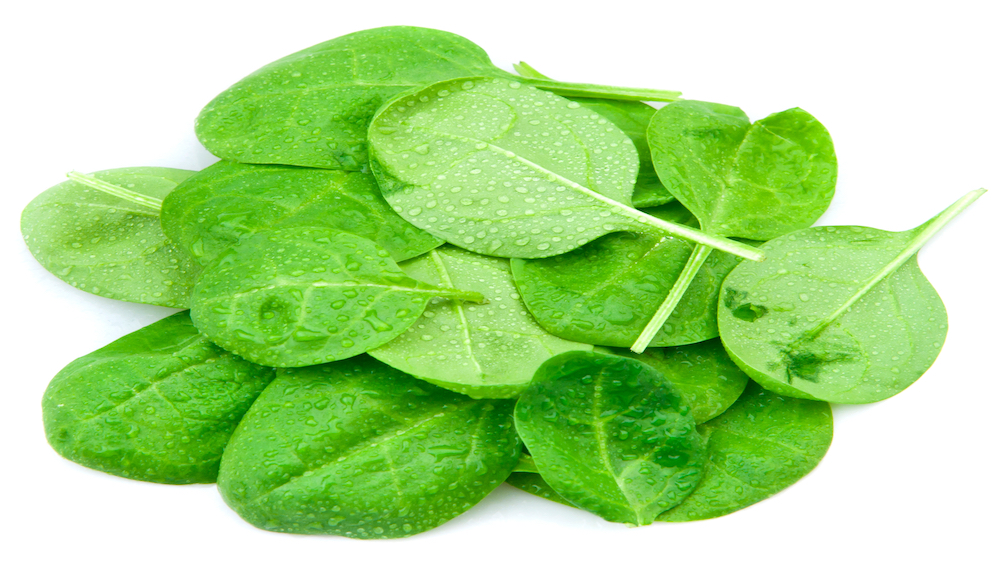The source of a national Yersinia outbreak in recent weeks in Norway that affected 23 people is believed to have been salad with spinach or baby spinach.
The Norwegian Institute of Public Health (Folkehelseinstituttet) said the Yersinia enterocolitica O3 outbreak was considered to be over.
It started in mid-May and people fell sick from mid to late May. There are 15 women and eight men affected aged 2 to 58 years old.
Five patients live in Agder, Oslo and Rogaland, four in Trøndelag, two in Viken and one each in Innlandet and Nordland.
Patient interviews points to salad
Outbreak investigations were conducted with local authorities, the Veterinary Institute and Norwegian Food Safety Authority (Mattilsynet).
Between 40 and 80 cases of yeriniosis are reported annually to the Norwegian Institute of Public Health with most people being infected domestically.
Analysis by the Norwegian Institute of Public Health of patient interviews and purchase information showed that 22 of 23 people reported eating a pre-washed salad product containing spinach or baby spinach the week before becoming ill.
Despite this being the probable source of infection it has so far not been confirmed by microbiological findings in any products.
The Norwegian Food Safety Authority is continuing traceback work to identify and trace the raw materials along the food chain back to the country of origin, manufacturer, importer and point of sale.
Salad was likely imported
As part of this work, the agency has been monitoring and finding non-conformities in companies that wash and package pre-washed salad products.
“We are following up the deviations to ensure that such businesses have good routines to prevent the same thing from happening again. People should be able to trust that ready-to-eat salad is safe to eat,” said Turid Berglund, of the Norwegian Food Safety Authority.
Officials said pre-washed salad has a short shelf life and the contaminated items should no longer be on the market. The suspected product is likely to have been produced abroad as most spinach sold in April and May in the country is imported. Spinach sold in stores now is mainly Norwegian-produced.
Imported salad products have caused previous Yersinia outbreaks in Norway. Twenty Yersinia enterocolitica O9 cases in May and June 2018 were linked to a pre-washed leaf lettuce produced and traded in early May 2018.
Yersiniosis is an infection caused by the bacterium Yersinia enterocolitica. The most common symptoms in children are diarrhea, fever and abdominal pain. In older children and adults, right-sided abdominal pain and fever could be the main symptoms. They typically develop four to seven days after exposure and last one to three weeks.
(To sign up for a free subscription to Food Safety News, click here.)

